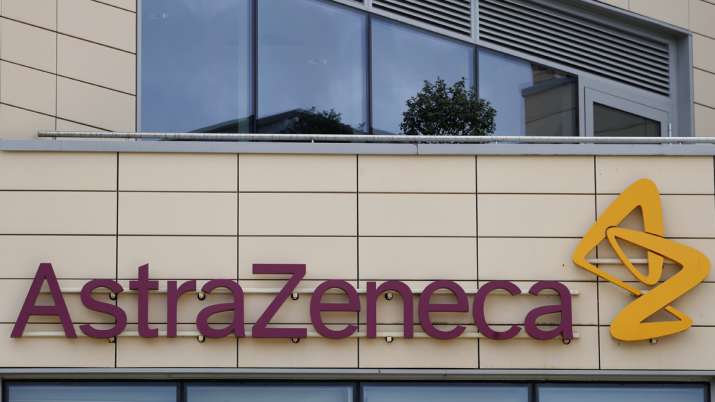Pharmaceutical heavyweights AstraZeneca, on Wednesday, updated its data on how well its coronavirus vaccine works, stating that the vaccine showed 76 percent efficacy against symptomatic coronavirus disease.
The latest data was based on a study that involved 190 cases of coronavirus among more than 32,400 participants in the United States, Chile, and Peru.
Read Also: AstraZeneca Briefs Nigeria On COVID-19 Vaccine Fears
‘The primary analysis is consistent with our previously released interim analysis, and confirms that our COVID-19 vaccine is highly effective in adults,’ Mene Pangalos, the executive vice president of BioPharmaceuticals R&D at AstraZeneca said in a statement.
AstraZeneca said it plans to seek US emergency-use authorization for the vaccine in the coming weeks and the latest data had been presented to the independent trial oversight committee, the Data Safety Monitoring Board.
AstraZeneca on Thursday restated that the shot, developed with Oxford University, was 100 percent effective against severe or critical forms of the disease. It also said the vaccine showed 85 percent efficacy in adults 65 years and older.
‘A lot of us were waiting for this large, well-constructed, and reported Phase III study,‘ said Paul Griffin, a professor at the University of Queensland.
He went further to add that adding that he and his parents have taken the vaccine. according to him; ‘This appears to be a very effective vaccine with no safety concerns. Hopefully, this should now give people the confidence that this vaccine is the right one to continue to use moving forward,‘
The updated 76 percent efficacy rate compares with rates of about 95 percent for vaccines developed by Pfizer-BioNTech and Moderna, which not only require more careful storage and handling but are also more expensive.
AstraZeneca, which developed the vaccine with the Britain’s University of Oxford, has struggled for acceptance of its vaccine.
AstraZeneca’s development of the vaccine has hit multiple bumps, from the news that two volunteers developed neurological symptoms last fall to a stall in the rollout of the vaccine in several European countries amid fears it might have caused blood clots.
AFRICA DAILY NEWS, NEW YORK










